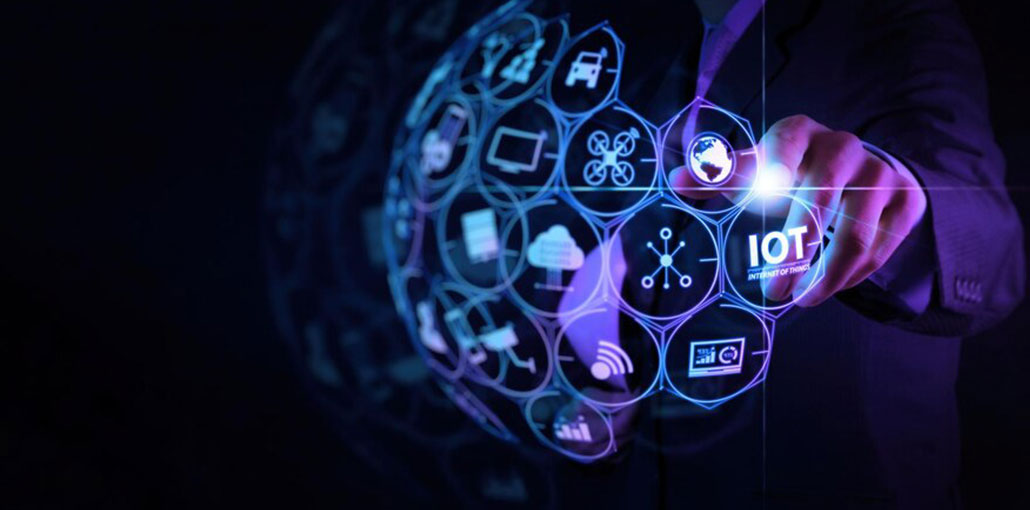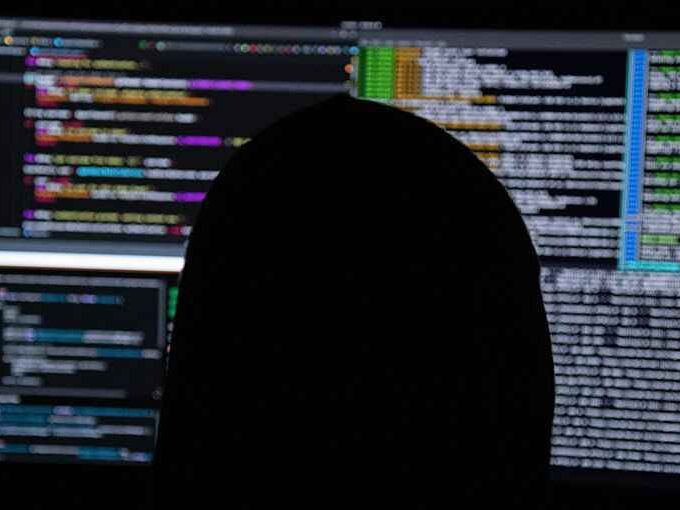The Internet of Things is a network of objects that exchange information with each other without a human intermediary. This model reduces human-factor errors, speeds up the devices’ performance, and helps the productivity of work grow overall. Also, it is one of the most prospective career fields for IT specialists.
The IoT examples are quite common already. All those devices make your homes more comfortable, and you can monitor and control them through the mobile app. There is a reason why IoT development is one of the most attractive areas for programmers – this field is so vast that it constantly needs more solutions and, consequently, more specialists.
Entering the IoT software development – the skills you need
The specialists who work in the Internet of Things field mostly focus on three aspects:
- Connectivity management (networks);
- Data collection and analysis;
- Software and hardware development.
The latter covers the creation of specialized devices and sensors and programming software for those devices to function appropriately. It is the scope of the IoT software development services, including the software design, coding, and testing of the results, more info here. So, if you are considering your career in this field, this is what you will need to be efficient.
Artificial Intelligence and Machine Learning
Artificial Intelligence (AI) and Machine Learning (ML) are essential components in designing software for IoT – their value is exceptional. These approaches help the developers create machines/software able of making decisions without human interference (or little interference). ML and AI are tightly connected. More precisely, ML is the practical computational science that focuses on data analysis and making decisions with AI software.
At the core, IoT solutions rely on such steps as communication, data aggregation, and data analysis. Then they act based on the results of these steps. Applying ML and AI allows programmers to implement algorithms to make the software solutions act more effectively and better evaluate and manage risks. Thus, AI and ML skills top the list.
Also read: Top 10 IoT App Development Platforms and Tools
Python and JavaScript
Career building in the field of the Internet of Things is impossible without excellent programming skills. In particular, this area demands in-depth knowledge of such programming languages as Python and JavaScript.
Python is often the default choice for IoT solutions, especially those dealing with huge amounts of data to process. It suits perfectly the data science and data analytics challenges. Besides, this programming language is quite easy to master (most developers state this), flexible, and popular in many areas of modern programming. JavaScript is another favorite for IoT development services when the scope is cloud applications, edge nodes, and gateways.
It is not a question of choice here. To excel in the IoT field, you need both of these languages. And, fortunately, they are extremely helpful in all other programming areas too.
Node.js
Node.js is a popular environment for software development in various areas. In the Internet of Things field, it is also widely used. Node.js supports the protocols commonly used by IoT applications. It guarantees high security and well suits the development of applications that process real-time data in large volumes, handling multiple tasks simultaneously.
The knowledge and practical experience with Node.js are big pluses for an IoT application developer pursuing a career in this field.
Big Data
Professionals with skills in handling Big Data are in high demand for the Internet of Things sphere because IoT applications and devices produce huge data in real-time. This data requires proper analysis and monitoring. That’s why recruiters for IoT software development company target and hunt such specialists, especially those possessing the skills and experience in both Big Data and AI. This combination of skills ensures the most efficient data processing.
Distributed Cloud Computing
Cloud computing is a simple and effective solution for one of the significant problems IoT professionals face – data storage and processing.
There are two common approaches to handling the data. One is processing at the edge, which is the closest point in the network to the point of the data creation. Another one is processing in the central cloud storage.
The third approach is the distributed cloud computing concept that suggests a mixed approach – a part of the data is processed at the edge, and the rest of the data is processed centrally. As a rule, the most critical data can be handled at the edge, and not time-sensitive data can wait to be treated in centralized storage. Understanding all the cloud computing specificities is often required from IoT software developers.
Infrastructure Security
This aspect is critical for all software development areas, but IoT applications are specially required. They are often more complex and scalable, and the demands for infrastructure security are burning. The most frequent threats are data loss, malicious attacks, privacy issues, etc. That’s why the companies that operate in the Internet of Things field constantly search for informational security engineers.
Also read: Full Stack Developer: What Is It, Skills, Education and Responsibilities
UI Specialization
User experience is crucial for any infrastructure. And though the entire concept of the Internet of Things suggests minimal user interference, human users still must have access to the networks, configurations, reports, metrics, etc. The system has to be designed conveniently for any authorized person to navigate, even a person without any engineering skills.
Any software development company that targets the IoT field needs professionals in UI design. The background operations take place for machines that communicate directly. Still, there must be a front-end control with a handy intuitive User Interface.
Of course, these are just the most fundamental qualifications. The companies will look for more skills, specific to the particular project. However, these seven features are essential, and they make a solid background for your career in the Internet of Things.
We are sure to see dramatic changes in the closest future. As the 5G networks will spread, and more and more devices will enter the field, IoT systems will get more powerful and popular. From smart homes to smart cities, their importance will grow. And it means that qualified IoT developers will be on the edge.










Leave a comment